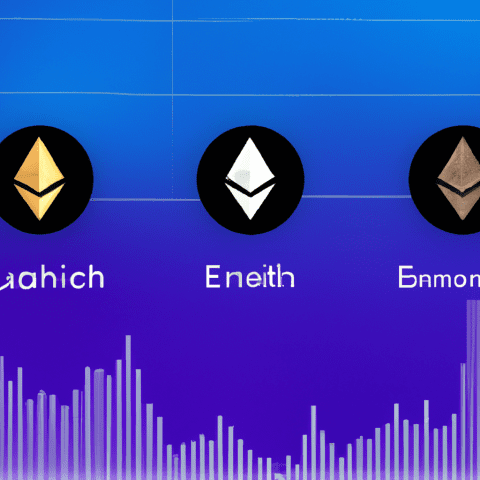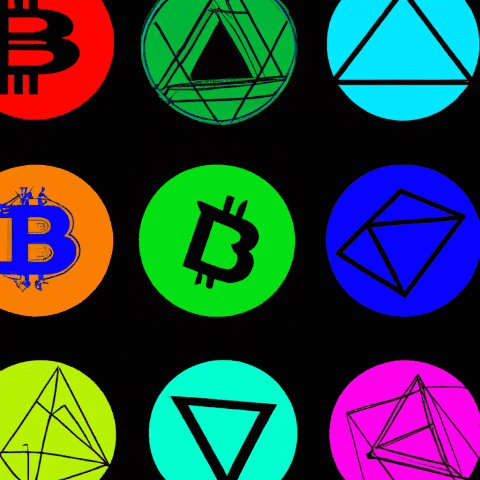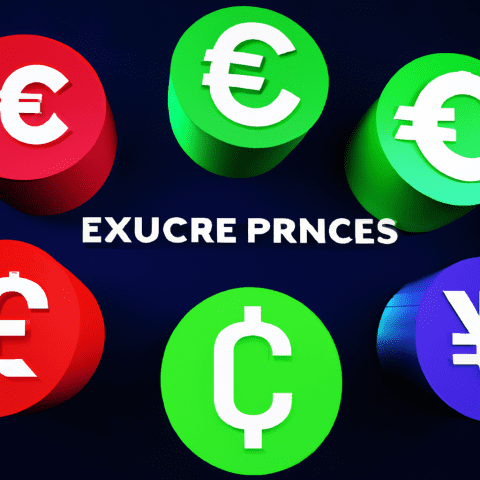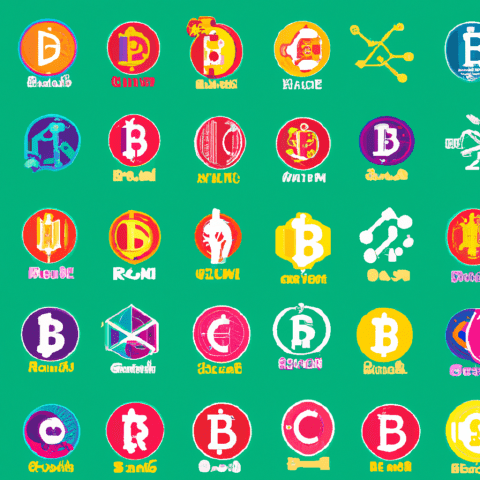In the fast-paced world of cryptocurrency trading, the landscape of exchanges is constantly evolving. From traditional centralized exchanges to the rise of decentralized exchanges (DEXs), navigating the world of crypto trading can be overwhelming for both new and experienced traders alike. In this article, we will delve into the world of crypto exchanges, exploring the differences between centralized and decentralized platforms, as well as highlighting some of the top DEXs for crypto swaps and liquidity. Whether you're looking to buy or sell crypto, or simply exchange one digital asset for another, understanding the various options available to you is crucial. Join us as we take a closer look at the Ethereum exchange and swap landscape, as well as the growing trend of Solana DEXs and swaps. From Bitcoin to Ethereum to Solana, we'll cover it all in this comprehensive guide to the world of crypto exchanges.
1. "Exploring the World of Crypto Exchanges: From Centralized to Decentralized"
The world of cryptocurrency exchanges can be a complex and ever-evolving landscape, with a variety of options available to traders and investors. From centralized exchanges to decentralized exchanges, the choices are vast and each come with their own set of advantages and disadvantages.
Centralized exchanges, or CEXs, are the more traditional type of exchange that most people are familiar with. These platforms are run by a central authority and require users to deposit their funds into the exchange's wallet in order to trade. Some popular centralized exchanges include Binance, Coinbase, and Kraken. While CEXs offer high liquidity and a user-friendly interface, they also come with concerns about security and the potential for hacking.
On the other hand, decentralized exchanges, or DEXs, have been gaining popularity in recent years as a more secure and private alternative to centralized exchanges. DEXs allow users to trade directly with one another without the need for a central authority to hold their funds. This peer-to-peer trading model is made possible through smart contracts on the blockchain. Some top DEXs include Uniswap, SushiSwap, and PancakeSwap.
One of the key advantages of DEXs is their focus on privacy and security. Since users retain control of their funds at all times, there is less risk of hacks or theft. Additionally, DEXs often have lower fees and faster transaction times compared to CEXs. However, DEXs can sometimes suffer from lower liquidity and a less intuitive user interface.
Overall, whether you choose to trade on a centralized exchange or a decentralized exchange, it's important to do your research and consider your own priorities when it comes to security, privacy, and ease of use. With the growing popularity of cryptocurrencies, there are more options than ever for buying, selling, and swapping digital assets.














